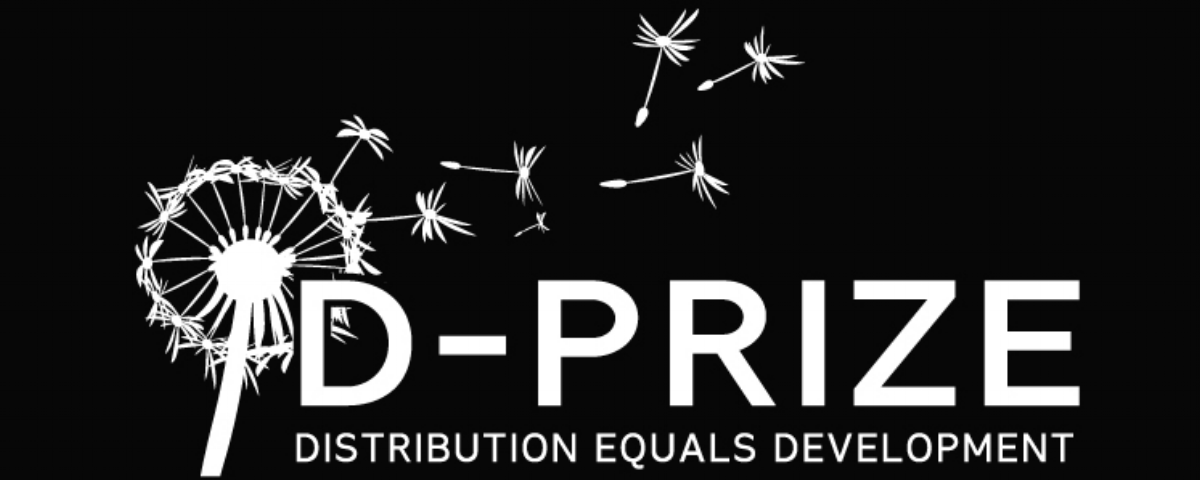IMMUNIZATION CHALLENGE; UGANDA
PROVEN INTERVENTION TO BE DISTRIBUTED
Routine childhood immunizations.
Learn more about the Immunization Challenge and how increasing routine childhood immunization rates in low-coverage areas could prevent millions of childhood deaths.
DISTRIBUTION MODEL INNOVATION
Health Support Initiatives contributes to the reduction of morbidity, mortality and disability due to preventable diseases by incentivizing parents and caregivers to bring children to health facilities for immunizations.
The model is centered on Conditional Cash Transfers that incentivize parents and caregivers to bring their children for immunization services at local health facilities. This project will be implemented in Mayuge District's fishing island communities, which have very low immunization rates. Immunization focal point persons will conduct outreach camps to identity children eligible for immunization.
PILOT AND SCALING GOALS
Immunize 500 children in first three months
Train 64 community health workers and 12 immunization focal point persons in first three months
POST-PILOT UPDATE
Measles is one of the leading causes of outbreaks among the vaccine preventable diseases. In Uganda, measles vaccine is the last vaccine to be received for completion of the immunization schedule at 9 months of age. In Uganda the coverage rate for fully immunized child is at 52%.
In the pilot, we sought to improve immunization completion rates in Mayuge District, which has one of the worst immunization indicator scores in Uganda and suffered chronic measles outbreaks. The project implemented a conditional cash transfer through a transport voucher scheme blended with dynamic community outreaches among hard-to-reach populations for the catchment population of Malongo Health center III, Mayuge district, Uganda. This facility was chosen because it has highest number of unimmunized children (2,068) and low measles coverage rates at 39%. The transport vouchers targeted children that had missed the measles vaccination while the outreaches were generalized.
During the three-month pilot, over 4,000 were reached with immunization services and 1,900 children completed their immunization schedule thus the total number of unimmunized children reduced by 94%. In addition, the annualized measles coverage increased by 18% within duration of three months.
FOUNDING TEAM
Pamela Bakkabulindi - Executive Director
Esther Anyimo - Program Coordinator
Julius Kirya - Monitoring and Evaluation Officer
Mary Etit - Finance Manager

